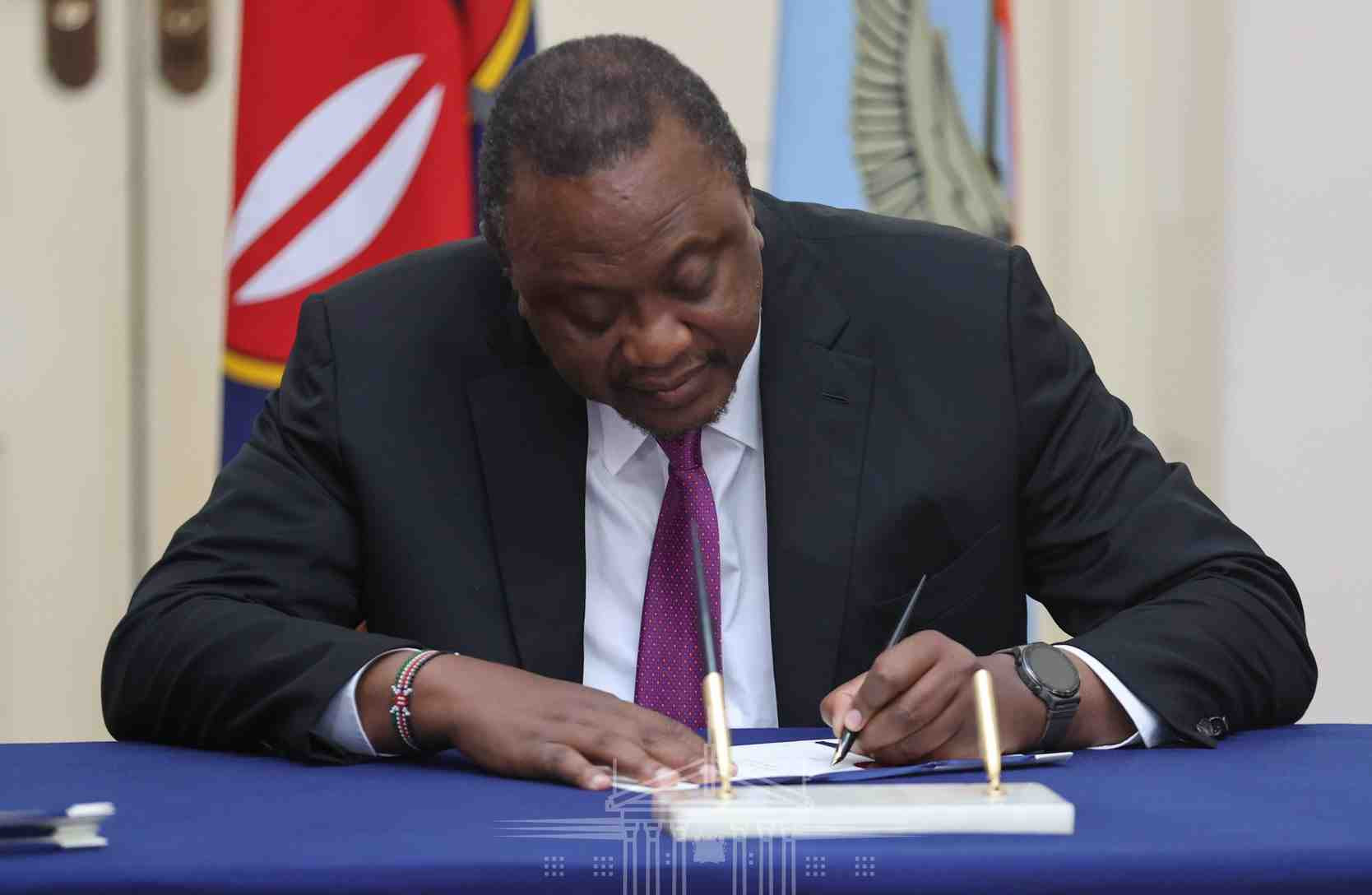×
The Standard e-Paper
Fearless, Trusted News

President Uhuru Kenyatta has capped the maximum retail price of 2-kilogramme packet of maize flour countrywide at Sh100.
This, he said, will help cushion Kenyans against high unga prices as the globe faces inflation and an increase in food prices.